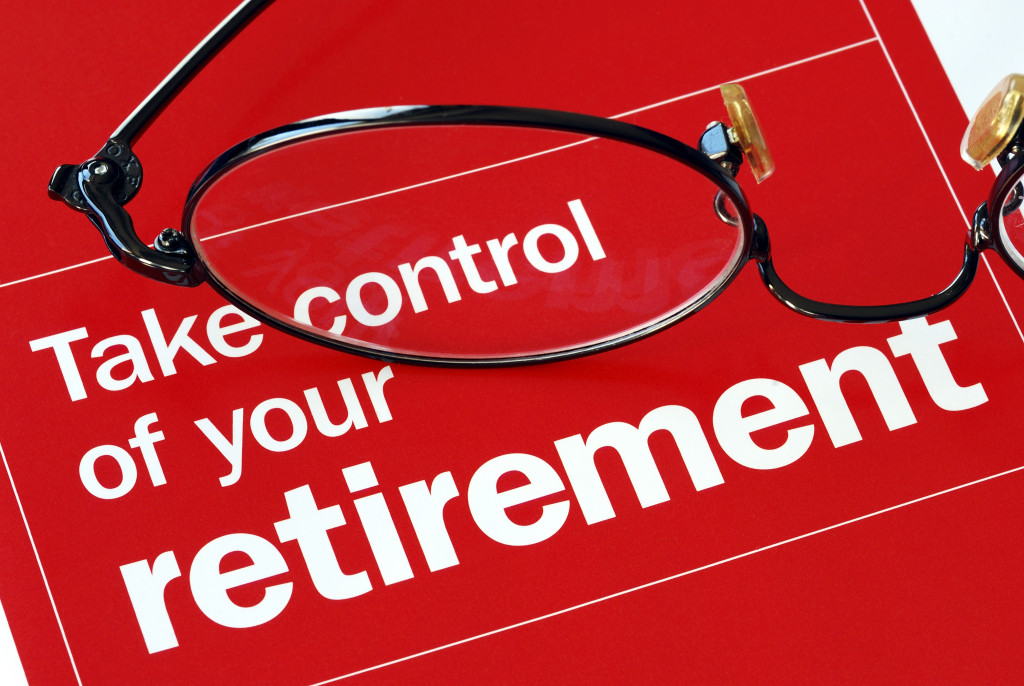Think about playing golf or watching soccer all day. Imagine tinkering with your car day and night. Maybe being able to still play some hoops or go to the gym, do all the DIY home projects you’ve been planning, or maybe having the money to buy that watch you’ve been longing to buy. Or that car you’ve been dreaming to drive. You can also build that house you’ve been longing for.
Well, you’ll have all the time and the resources to do these when you retire. And you might not be aware but it’s just a few years from now.
According to TIAA’s Voices of Experience survey in 2016, men are most likely to pursue playing their favorite sports when they retire. They may also work full-time or part-time or continue with the job they enjoy upon retirement. Others may also choose to teach or to start with a new career path that excited them.
It is normal to imagine all the things you can do when you finally get to stop working. Your time is in your hands, and you can finally relax. You can travel. You can visit the places you’ve been wanting to see, and you can buy the things you’ve been planning to buy.
Well, that is if you retire with some good enough savings in your bank.
Are you prepared?
According to the Employee Benefits Security Administration of the U.S. Department of Labor, only 40% of Americans have computed how much they need to save for retirement. Also, in 2018, almost 30% of workers in the private industry did not participate in any contribution plan. This shows how unprepared most Americans are, with little savings to support them upon retirement.
Things may have gotten worse as workers struggled with their jobs during this pandemic. In the latest survey of Voya Financial, 59% of baby boomers still working will still do side jobs after retirement.
Half of the worker respondents said that they will continue to work for their mental health. Others said they will still work to make sure they have enough money to cover for emergencies. Half of them said that saving for retirement is still part of their priorities.
Where to go?
One major cost that you will have to prepare for before retiring is when you will need long-term care. It might help if you can scout care facilities as early as now so you will know how much you need to save for retirement. You may seek the advice of a senior living consultant to guide you with the facilities in your area. Here are your options:
Residential Care Facilities
You might want to live in a residential care facility where you can choose from a private or shared room. Typical residential care facilities have 20 residents, complete with meal packages. While there is staff for help, medical care does not come with the package. Residential care facilities will cost around $1,500 to $4,500 monthly.
Assisted Living Facilities

If you will need to be assisted due to your condition, another option is to go into an assisted living facility. In this facility, there will be staff who will assist you with personal care and medications. Meal and other needs like housekeeping and laundry will be provided. Assisted living residents may be more compared to typical residential care facilities. It also costs $1,500 to $5,000 a month.
Nursing Homes
Nursing homes are for those who need medical care due to their conditions. Nursing care is available 24/7. This also includes physical, speech, and occupational therapy services. There are nurses available to attend to the resident’s specific needs. Most facilities have resident doctors of their own for immediate medical needs. Because of this, nursing homes are more expensive than other facilities. You’d need $7,000 to $10,000 per month.
Is there any government support?
While most of those who enter residential care facilities after retirement pay for their expenses, there are also government programs that support seniors. This includes programs under the Centers for Medicare and Medicaid Services. If you are a war veteran, you may avail of the program of the Department of Veteran Affairs. You might also want to check the State Health and Insurance Assistance Program and the Social Security Disability Income.
If you want to enjoy the things you want to do upon retirement, you might as well prepare your finances today. Consult with your employer and inquire about a contribution plan. Allot a part of your savings. Prioritize retirement fund. You deserve to just sit back and relax once you retire.




